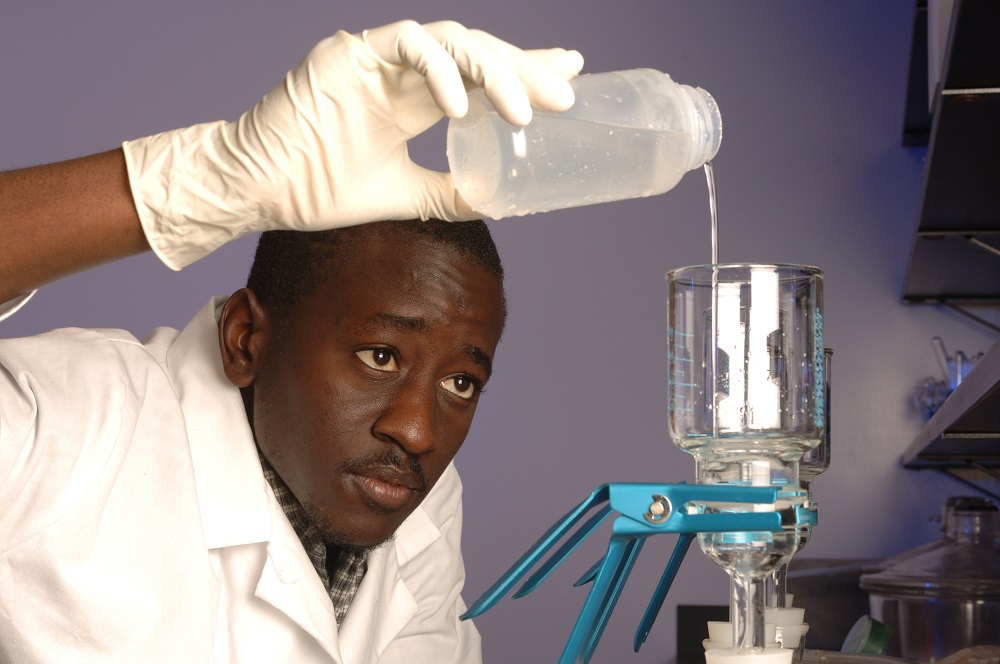Monday, September 13, 2010

PRINCESS ANNE, MD (September 13, 2010) – University of Maryland Eastern Shore researchers are experiencing a stellar year, having been awarded nearly 10 percent of the Capacity Building Grants awarded by the United States Department of Agriculture and some $3.5 million in funds aimed at strengthening the institution’s research, teaching and extension capacity.
“This has been a monumental year for UMES in terms of the competitive funding we have received from the USDA as well as the number of projects that have been funded,” said Dr. Gladys Shelton, interim dean of the UMES School of Agricultural and Natural Sciences and director of the 1890 Agricultural Experiment Station. Our researchers have done an excellent job designing studies that address regional and national issues; and through partnering with the USDA, we are able to enhance our research capabilities.”
USDA’s National Institute of Food and Agriculture (NIFA) provides support to the18 historically black colleges and universities that were designated as land-grant universities in the Second Morrill Act in 1890. Grants to these 1890 universities support research, extension and teaching in the food and agricultural sciences by building the institutional capacities of these schools.
“Our 1890 historically black land-grant universities play a critical role teaching students to meet the high quality, innovative research needs that are vital to the wellbeing of our nation’s food, fuel and fiber,” said Agriculture Secretary Tom Vilsak. “These awards mark a substantial investment in addressing the robust and varied research challenges facing American agriculture today, but more importantly it is also an investment in our future scientists and engineers, farmers and foresters.”
The CBG Program strengthens the linkages among the 1890 universities, other colleges and universities, USDA, and private industry. It focuses on advancing cultural diversity in the scientific and professional workforce by attracting and educating more students from underrepresented groups.
Through federal funding and leadership for research, education and extension programs, NIFA focuses on investing in science and solving critical issues impacting people’s daily lives and the nation’s future.
In conducting their research, UMES Agricultural Experiment Station researchers are working to characterize certain plants as a source of biofuels, study the role of cowpea production in bio-diversity and food security, enhance agriculture students’ communication and problem-solving skills, explore air and water quality protection, examine watershed levels and protect the Chesapeake, address leafy greens and tomato safety for small farmers, promote healthy lifestyles in Head Start, develop a model program for experiential learning in human ecology, investigate the safety of poultry and seafood distributed through internet and local markets, improve the experiential learning paradigm for precision agriculture and increase graduation rates among first generation college students in human ecology. For more information about research being conducted at UMES, please visit www.umes.edu/aes or call 410-621-3850.
###
Suzanne Waters Street, agriculture communication specialist, School of Agricultural & Natural Sciences, 410-621-3850, sstreet@umes.edu.

